Table of Contents
ToggleGRAND
POPO
All you need to know about GrandPoPo
GRAND POPO-BENIN REPUBLIC
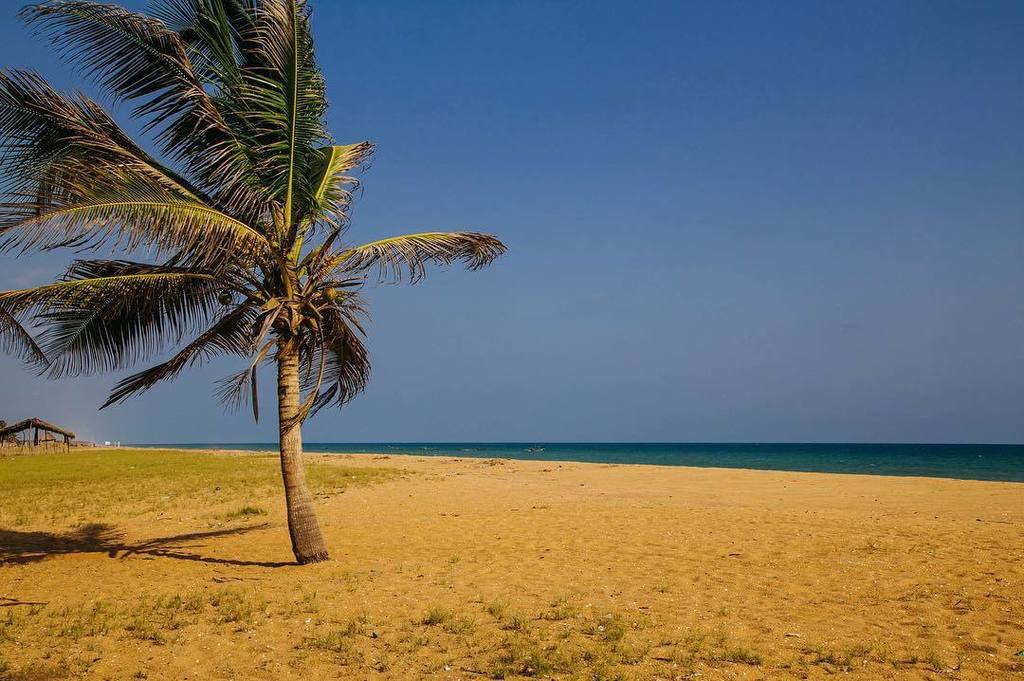
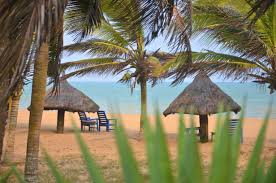
History Of GrandPoPo


POPULAR RELIGIONS IN GRANDPOPO
One of the early depictions of Europeans said of the settlement of the Grand Popo area: “A village where blacks have a white flag”.
Three Spanish Capuchin missionaries visited Grand-Popo in 1660-61. In the 19th century, Methodist missionaries became active on the Slave Coast, and in the 1840s and 50s missionary stations were established in Little-Popo, Glidji, Agouée, and Grand-Popo. At the same time, Catholic missionaries also came to the area. To their surprise, they noticed that there was already a significant Catholic community on the coast. They were known as “Brazilians”, or Agudas, who were Africans, often former slaves, who had lived in Brazil. About 4,000 of them had emigrated to the Gulf of Benin by the mid-19th century. They spoke Portuguese, practiced the Catholic religion and used Brazilian names.
FISHING IN GRAND POPO
The economy of the Hula community was based on fishing and salt production. In addition to fish, crabs, shrimps and oysters were also obtained. The fish were dried and shipped inland. Although the word hula means sea, they had no interest or technology in sea fishing. The lagoon and river were rich in fish. Sea fishing was not introduced until the 19th century. In some seasons, seawater also extended to the lagoons, when the water became saline, offering sea fish as well. Fishing equipment included canoe nets, fishing nets made of cotton twine and basket weaves, and later various spears, trawl nets and fishing rods, as well as hand fishing.
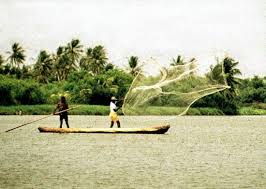
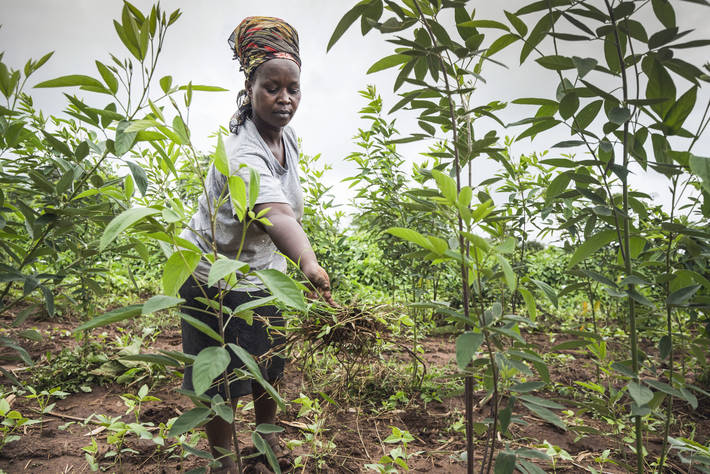

AGRICULTURE AND LIVESTOCK
The nature of Grand-Popo was poorly suited to agriculture and there were few tools. In the 1840s, yam or manioc, cotton and indigo were grown in the area. The corn was the main course of the Grandpopeans, along with the fish. The area further grown sweet potato, ruokabanaania, banana, lablab bean- ( lablab purpureus ) and lentils, okra, shallots, cashew nuts, peanuts, pumpkins, pineapples, lime and ginger. Pepper and oil palms grew in the area and by the 19th century they were cultivated. Most of the crops came from outside Africa and originated during the transatlantic slave trade. Most of them came from the Americas.
Millet was grown, but by the early 20th century it was used only for ritual purposes until it was replaced by corn. Corn became an important crop from the 1780s onwards, yielding at least two crops in two rainy seasons.
From the late 18th century to the 1800s, Little-Popo and its neighbor, Ewe, had chickens, ducks, turkeys, goats, sheep, pigs and cattle. Livestock farming was in Little-Popo in the 1840s in the Francisco Felix de Souza family quarter. With Europeans, demand for meat increased, but only the richest Africans could afford to keep cows.
PALM OIL REPLACES THE SLAVE TRADE
Palm oil was exported from West Africa some time before the 19th century. Broader exports of palm oil in the 1830s were started by the English company Messrs WB Hutton & Sons in London. Captain John Marman founded the company factory in 1836 in Little Popo, which was supplying palm oil, corn and ivory. The Hutton factory expanded in 1838 to Ouidah and 1842 to Badgary (a coastal city in the present state of Lagos, Nigeria). The Ouidah plant was based on an arrangement made the previous year, in which Francisco Félix de Souza promised to supply Marmann with palm oil because of the poor condition of the slave trade. The Ouidah factory was destroyed in 1841 by a British cruiser.

Colonisation
Before colonialism, the international relations of Africa and Africans, especially with Europe, were mainly trade relations. By the beginning of the 20th century, relationships changed from trade and exchange to control and subjugation. Europe’s conflicts of interest over African territories and the ensuing clashes of European powers led to the Berlin Conference in 1884 and 1885. There were no delegations from Africa, but it divided Africa among the European powers. The aspirations of the participants were expansionism and the economic benefits of non-European territories
The economic and political situation in the Slave Coast was influenced by the situation in the 1870s. Three colonial powers , England, France and Germany, competed in the division of Africa. Britain expanded its influence on the Western Slave Coast in the mid-19th century. Under the guise of anti-slave trade, the bombing of Lagos in 1851 and its incorporation into the English Protectorate, ten years later, took place. Britain closed the Slave Coast ports in 1852. The British annexed the Gold Coast Anlon area (now southern Togo) as a colony in 1872. Under pressure from the King of Dahomey, the British enforced the entire Slave Coast shutdown from 1876 to 1877. Due to the heavy duty imposed on spirits and other imported goods in the Anlo area, merchants moved east. Smuggling into the British territory became more common. To stop it, the British extended their territories eastward.
TOURIST ATTRACTION IN GRAND POPO
Grand Popo is a small place in Benin and can be easily explored within a day. There aren’t many things to do and attractions to visit in this town. Also, being a small town, there are fewer accommodation options. People usually consider making a quick stop here before heading to the neighboring cities. You can halt here for a quick snack and take a little break from your journey. You can check out the list of the cities near Grand Popo and find out the top things to do in these towns. So, the next time you are in Grand Popo, you can decide which neighboring city to visit for a memorable trip.
-Auberge de Grand Popo
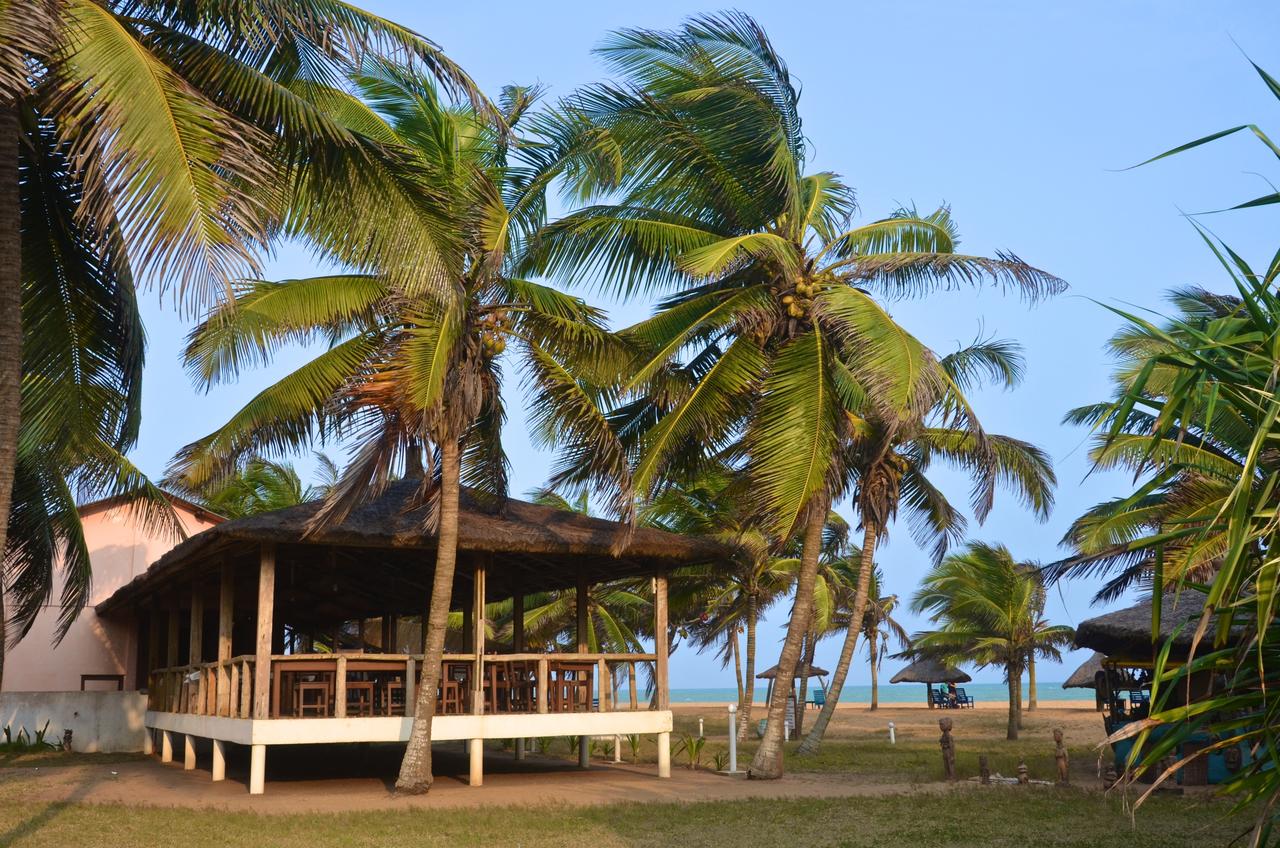
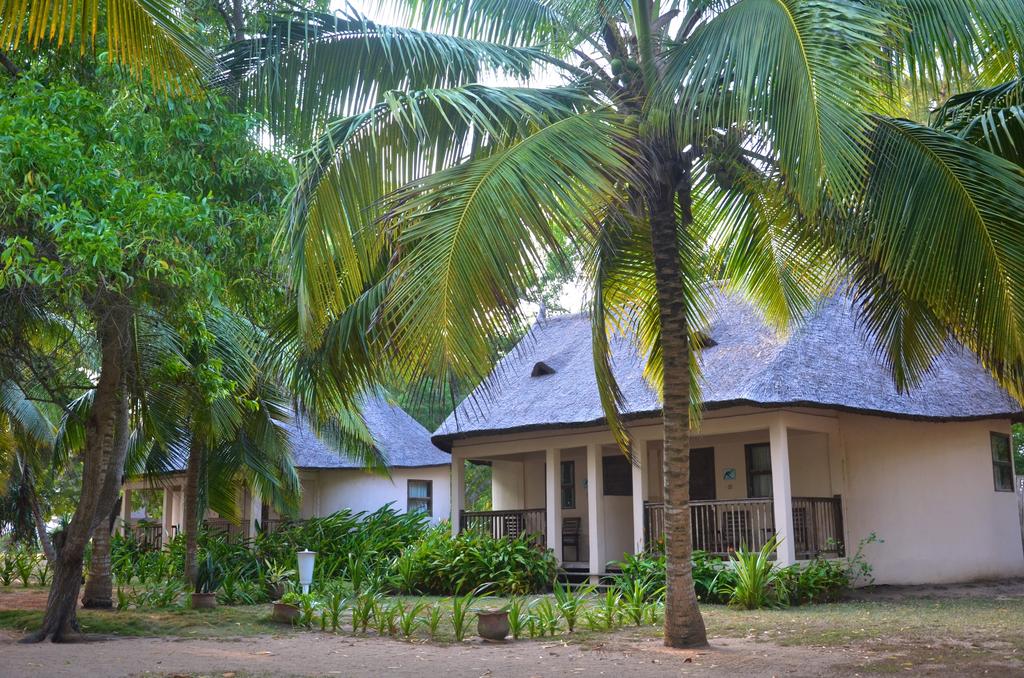
Outdoors
: Beachfront, Sun terrace, Private beach area, Terrace, Garden
Food & Drink
Breakfast in the room, Bar, Restaurant
Services
Shuttle service, Airport shuttle (additional charge), Shuttle service (additional charge), Luggage storage, Gift shop, Currency exchange, Laundry Additional charge,
Pets
Free! Pets are allowed. No extra charges.
Internet
Free! WiFi is available in public areas and is free of charge.
Safety & security
Safety deposit box
Activities
Beach, Evening entertainment,
Parking
Free! Free private parking is possible on site (reservation is not needed).
General
-Hotel Village Vacances Awale Plage
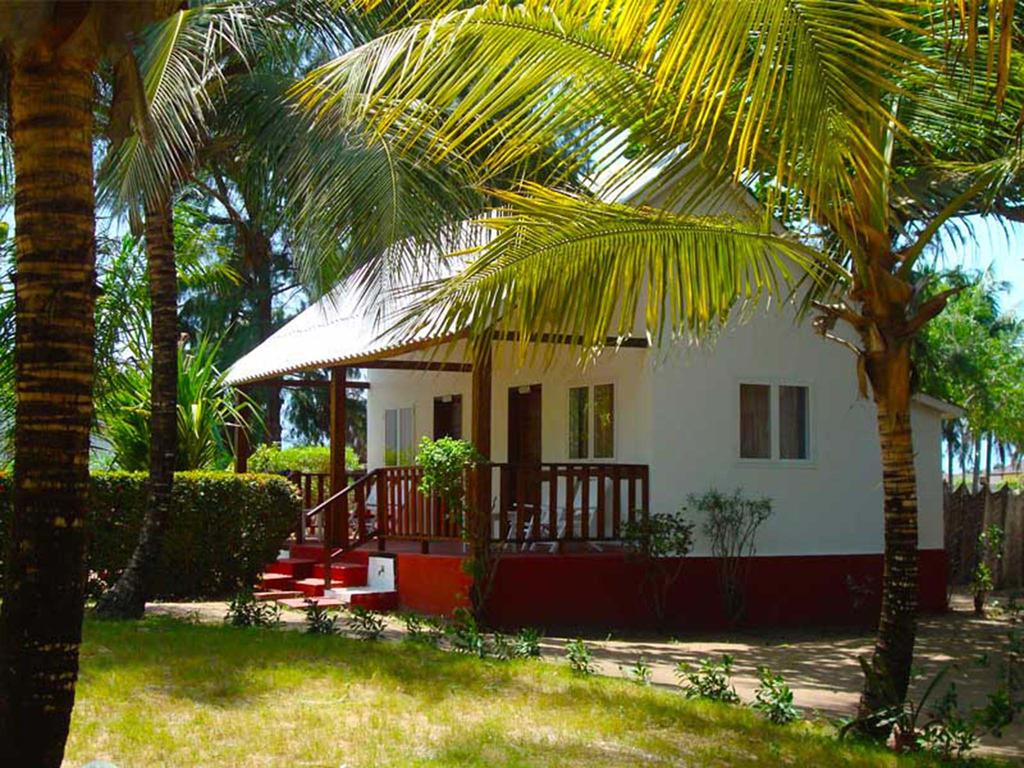
Located in Grand-Popo, 5 km from Finno-Africain Villa Karo Cultural Centre, Hotel Village Vacances Awale Plage provides accommodation with a restaurant, free private parking, a bar and a shared lounge. This 3-star hotel offers a private beach area and room service. The hotel features an outdoor swimming pool, evening entertainment and a 24-hour front desk.
At the hotel, every room is equipped with a patio. With a private bathroom equipped with a shower and free toiletries, rooms at Hotel Village Vacances Awale Plage also provide guests with free WiFi.
The accommodation offers a continental or à la carte breakfast.
Hotel Village Vacances Awale Plage offers a children’s playground. Activities such as hiking, cycling, fishing can be enjoyed in the surroundings, and guests can relax along the beachfront.
Couples particularly like the location — they rated it 8.9 for a two-person trip.
We speak your language!
Availability of popular facilities such as swimming pool, bar, beachfront, and private beach area.

Outdoors
: Beachfront, Sun terrace, Private beach area, Terrace, Garden
Food & Drink
On-site coffee house, Chocolate or cookies Additional charge, Fruits Additional charge, Bottle of water Additional charge, Wine/champagne Additional charge , Kid meals, Special diet menus (on request),Snack bar, Breakfast in the room, Bar, and Restaurant.
Services
Shuttle service, Airport shuttle (additional charge), Shuttle service (additional charge), Luggage storage, Gift shop, Currency exchange, Laundry Additional charge,
Business Facilities
Meeting/banquet facilities Additional charge
Safety features
Pets
Free! Pets are allowed. No extra charges.
Internet
: Free! WiFi is available in public areas and is free of charge.
Safety & security
Cleaning services
Daily housekeeping, Laundry Additional charge,
Physical distancing
Physical distancing rules followed, Cashless payment available, Contactless check-in/check-out
Cleanliness & disinfecting
Guests have the option to cancel any cleaning services for their accommodation during their stay, Guest accommodation sealed after cleaning. Guest accommodation is disinfected between stays, Linens, towels and laundry washed in accordance with local authority guidelines, Use of cleaning chemicals that are effective against Corona virus
Food & drink safety
Delivered food is securely covered, Breakfast takeaway containers Food can be delivered to guest accommodation, Physical distancing in dining areas.
Activities
Tour or class about local culture Additional charge, Themed dinner nights Additional charge, Walking tours, Temporary art galleries, Beach, Evening entertainment, Cycling, Hiking, Children's playground, Games room, Fishing.
Parking
Free! Free private parking is possible on site (reservation is not needed), Parking garage, Secured parking.
General
: Shuttle service, Shared lounge/TV area, Airport shuttle (additional charge), Airport shuttle (free), Shuttle service (additional charge), Air conditioning, Shops (on site),Car hire, Packed lunches, Soundproof rooms, Gift shop, Bridal suite, Family rooms, Facilities for disabled guests, Room service,
Wellness
Pool 1 - outdoor
Free! All pools are free of charge, Pool/beach towels, Sun loungers or beach chairs
Languages spoken
-Résidence SAHOTY
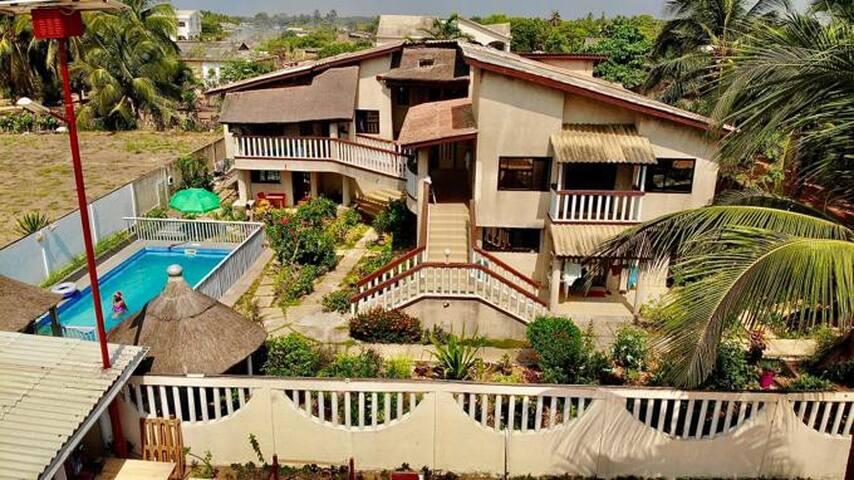
Residence SAHOTY is set in Grand-Popo, 1.1 km from Finno-Africain Villa Karo Cultural Centre, Résidence SAHOTY offers accommodation with a shared lounge, free private parking, a garden and barbecue facilities. The property provides pool views, a children’s playground, a 24-hour front desk, and free WiFi is available.
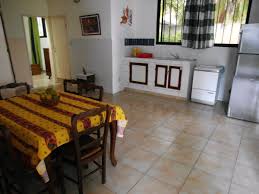
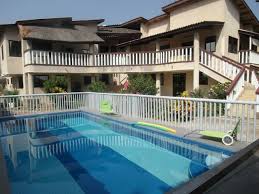
All guest rooms come with air conditioning, a flat-screen TV with satellite channels, a fridge, a kettle, a shower, a hairdryer and a wardrobe. At the guest house all rooms have a private bathroom with free toiletries.
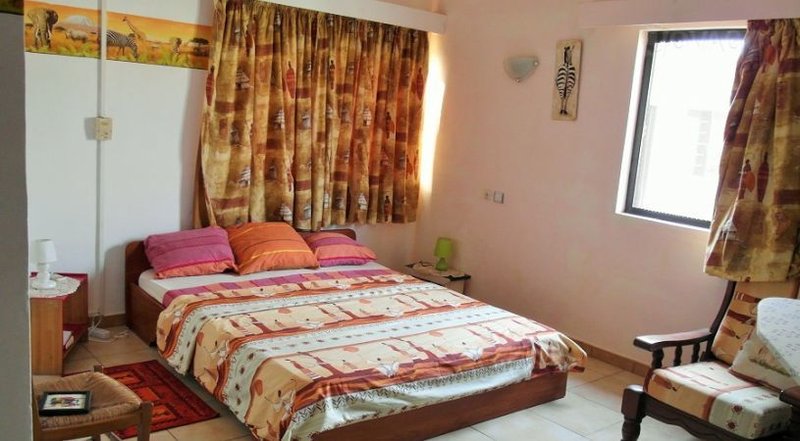
Résidence SAHOTY offers an indoor pool. You can play table tennis at the accommodation, and car hire is available.
Résidence SAHOTY has been welcoming Booking.com guests since 29 May 2018.
Outdoors
Picnic area Outdoor, furniture Outdoor ,dining area Outdoor, furniture Terrace, Sun terrace, Private pool, BBQ facilities, Balcony, Terrace, Garden.
Pets
Pets are not allowed.
Services
Shared lounge/TV area
Reception services
24-hour front desk
Safety features
Fire extinguishers, 24-hour security
Bathroom
Internet
Free! WiFi is available in public areas and is free of charge.
Transport
Airport drop off Additional charge, Airport pick up Additional charge
General
Shuttle service, Airport shuttle (additional charge), Shuttle service (additional charge), Air conditioning, Non-smoking throughout, Tile/marble floor, Soundproofing, Private entrance, Car hire, Fan, Ironing facilities, Non-smoking rooms, Iron, Air conditioning.
Parking
Free! Free private parking is possible on site (reservation is needed). Parking garage, Street parking, Secured parking
Activities
Tour or class about local cultureAdditional charge, Walking tours, Beach, Badminton equipment, Beachfront, Library, Table tennis, Children's playground, Games room.
Entertainment and family services
Children television networks Kids' outdoor play equipment, Board games/puzzles.
Pool 1 - Indoor
Free! All pools are free of charge Open all year, Adult only.
-Ramaya L'Auberge Espagnole Hotel-Grand Popo
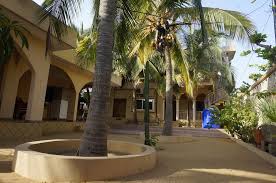
Want to discover Benin? Communicating with its populations? Start at RAMAYA: the Spanish Inn of Grand-Popo. In Grand-Popo, an exceptional idyllic setting awaits you to discover the potential of a country that is becoming more and more in the world.
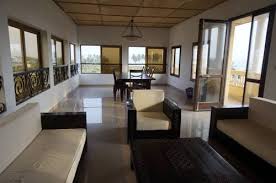
Our rooms are suitable for your need. For your hiking, original means of transport, like bikes to contribute to the protection of the environment.
Property Amenities Available In Ramaya L’ Auberge Espagnole Hotel
Free parking, Free High Speed Internet (WiFi), Bar / lounge, Beach, Bicycle rental, Children Activities (Kid / Family Friendly), Pets Allowed ( Dog / Pet Friendly ), Car hire, Air conditioning.
Nearby attractions
Villa Karo
Contact and address
Onkihoue en Face de l'Eglise Pentecote de Grand-Popo, Grand Popo Benin
Nearby restaurants
Boca del Rio
-Hotel Paramondo-Grand Popo

Set in Cotonou, 13 km from DRC Embassy, Hotel Paramondo offers accommodation with a restaurant, free private parking, a bar and a terrace. The property is located 13 km from Angola Embassy, 16 km from UNDP Office and 23 km from Congo Embassy.
Nearby attraction
Jammin
Contact and address
Godomey Togoudo, Route de Lita, Abomey-Calavi Benin
Nearby Restuarant
La cabane du pecheur
Jaaba - Grill & Bar
SITE ATTRACTION IN GRAND POPO TOWN-BENIN REPUBLIC -VILLA KARO
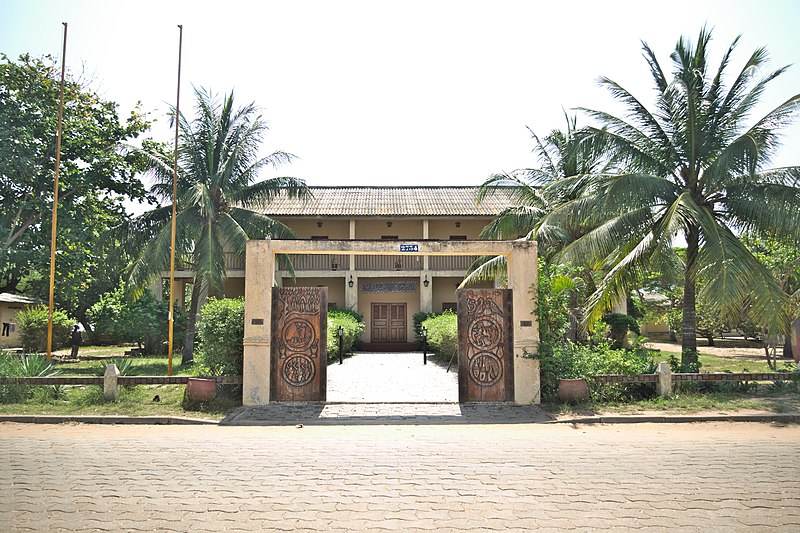
Villa Karo is a Finnish-African culture center and artist residence in the coastal village of Grand-Popo, Benin. Its task is to build a bridge between Finnish and African artists and cultural figures. The primary task is to offer a possibility to reside in Africa for Finnish artists, researchers, teachers, and other professionals in cultural and social fields. In addition, African professionals in culture are encouraged to visit Finland.
Periods for application into residence are twice in a year. The fall residencies applications are due in 15 March, and for the spring residencies applications are due in 15 September.
HISTORY OF VILLA KARO GRAND POPO-BENIN REPUBLIC
When writer Juha Vakkuri traveled in the region in the 1990s´, he fell in the idea of establishing a cultural center into Grand-Popo. He set up a non-profit organization to promote the idea. The name Villa Karo derives from the deceased son Karo of Juha Vakkuri.
The hearth of the center is a colonial, Afro-Brazilian style old hospital that was renovated into the main building. It was opened in 2000. The site was selected because Grand-Popo, a tranquil fishing village offers a good set for creating. Benin is one of the most stable and democratic countries in the continent.
Villa Karo offers following free cultural services for local people and visitors.
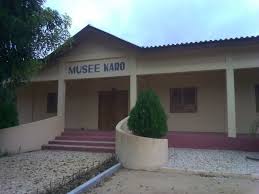
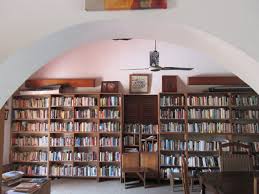
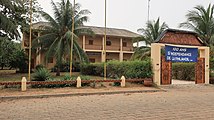


VILLA KARO LIBRARY
There is a public library in Villa Karo, which includes about 3.000 volumes of literature in Finnish, French, English and Swedish.
Musée Karo In Villa Karo
A small museum was opened in 2001, where art and objects related to West African culture and Animist religion are displayed. The museum collection reflects both influences of European culture in Africa, understanding of Europeans of Africa and reflections of African culture in Europe.
A new museum Musée Karo was opened in 2015 in the former bank of the village.



 Protected by Patchstack
Protected by Patchstack